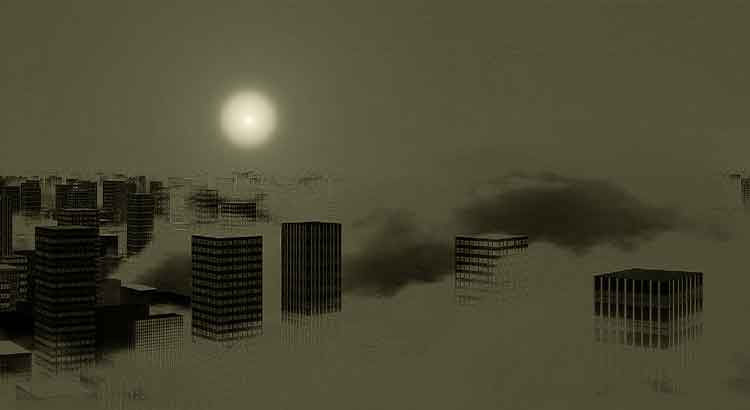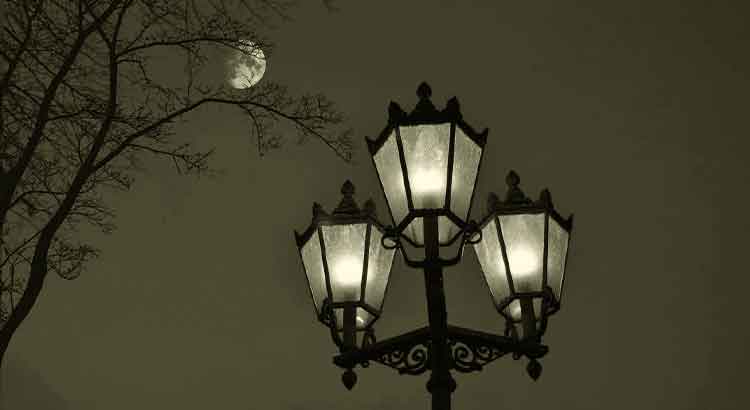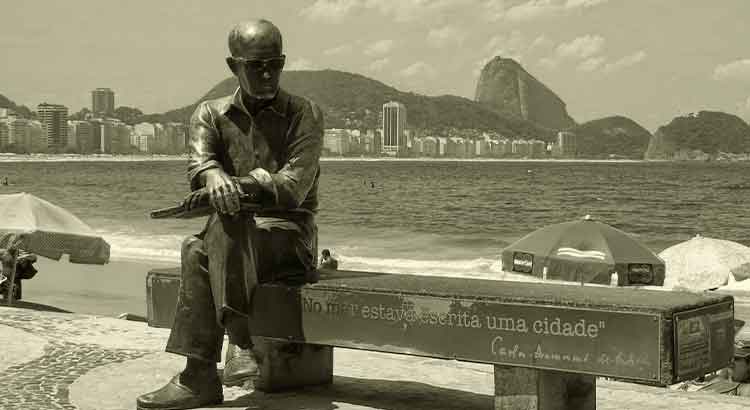The poet Carlos Drummond de Andrade said, in his last interview, none of his poems have entered the history of Brazil, leaving of his work only a few “fads” and “idioms”. He was mistaken, and compounds, today, the first bracket of Brazilian poets of all times: it is impossible to have a list of the best poets or an anthology of the best poems that does not include the great mineiro. But the statement, if not extreme modesty or flawed perception, exhibits the discouragement of someone who, dedicating his life to letters, did not even find signs of reward until his last days. Not to mention the technique, Drummond’s work shows a deep understanding of existence, problems common to all humanity, eyes open, attentive, which express their amazement in very strong images. In short: a poet whose work is not restricted to framing clichés in poetic technique—a very rare quality… And, even so, the distinguished Drummond did not see a return after decades of work, and even after garnering great recognition at the national level. The question: where is the problem? This time, my fingers will spare the dear reader’s eyes…
____________
Read more:



